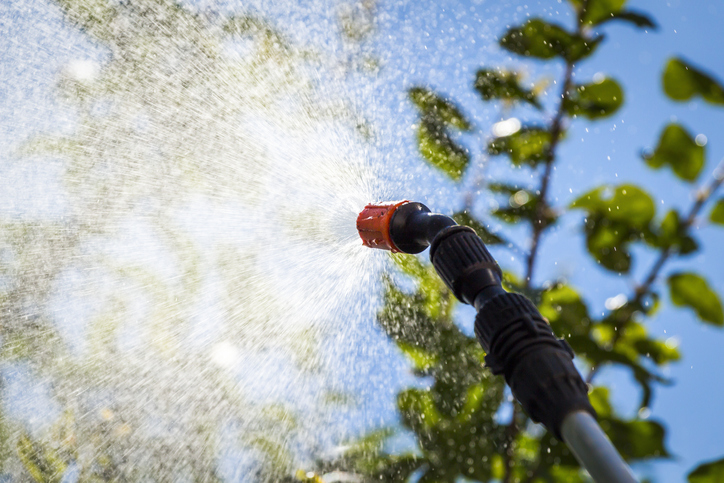The next batch of glyphosate-related trials are scheduled to take place over the next two months. As previously reported, Monsanto (which was acquired by Bayer last year) has been mired in toxic tort litigation over its glyphosate-based weed killer Roundup. The primary allegations center around whether certain exposure to glyphosate is causally related to the plaintiffs’ development of lymphoma. There are more than 9,300 lawsuits currently pending around the country.
Early in January, Monsanto scored a victory when U.S. District Judge Vince Chhabria declined to reconsider his ruling that had limited what type of evidence plaintiff Edwin Hardeman could set forth to the jury at his upcoming February 25, 2019 trial. The judge had held that the trial would be split in two phases, and during the first phase, the plaintiff could only introduce evidence pertaining to the causation element. If the plaintiff prevailed in the first phase, then the jury would get to decide the remaining elements of liability in the second phase. Critically, as part of the first phase, the judge specifically held that the plaintiff would be barred from introducing certain evidence that Monsanto allegedly attempted to influence regulators and manipulate public opinion as part of the causation phase. He stated that he did not want the plaintiffs to “focus on misrepresenting statements” by Monsanto employees.
However, this Monday, the Judge partly walked back his decision. While he maintained that plaintiff must first show that Monsanto’s Roundup was a “substantial factor” in causing the plaintiff’s cancer, he determined that the plaintiff’s counsel would be allowed to introduce, in the first phase of the trial, internal Monsanto emails that allegedly show an attempt by the company to convince a scientist to redo a test in which the scientist had concluded that glyphosate is “potentially genotoxic.” The judge found that these emails were potentially relevant to causation.
Judge Chhabria has attempted to focus the evidence on the critical questions of scientific causation. His latest ruling, however, appears to be somewhat more flexible with respect to certain evidence, which, as argued by the plaintiffs, pertains to Monsanto’s role with respect to regulators and scientific studies. While Monsanto argues that the evidence is inflammatory and misleading, the court appears to believe there is an arguable connection to the causation issue.
The plaintiff Hardeman’s trial will be a bellwether trial. There are currently 620 other Roundup cases pending before Judge Chhabria. The Hardeman trial may serve to help determine whether any of the plaintiffs in future trials will be able to overcome causation and other liability hurdles.
Monsanto has taken a similar approach to defending itself in Roundup litigation in state court. In mid-January, it asked another judge, California Superior Court Judge Winifred Smith,to bifurcate an upcoming glyphosate trial so as to determine causation first. A hearing on the issue will take place on February 8, 2019. The plaintiffs are Alva and Alberta Pilliod, and their trial is scheduled for March 18, 2019.
The Hardeman trial follows from last year’s St. Louis Roundup verdict, where the court did not bifurcate causation from other elements of the case. In that case, Monsanto was handed an enormous $289 million plaintiff’s verdict. The award was later reduced to $78.5 million after the judge found that the jury’s punitive damages award had to be reduced in order to protect Monsanto’s due process rights.
In its ongoing battle against these claims, it remains to be determined whether the ag giant’s efforts to bifurcate liability will prevail at trial.

